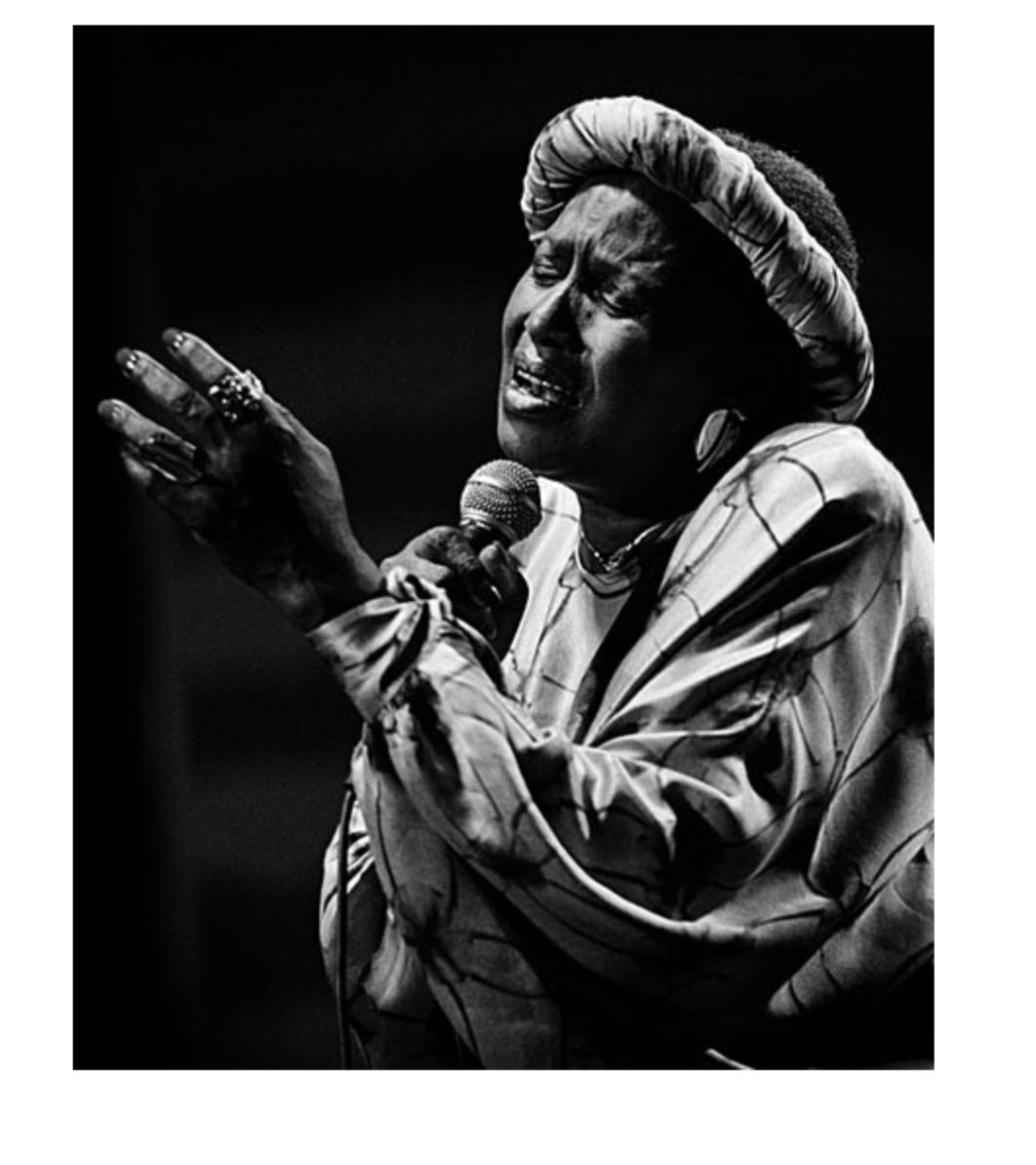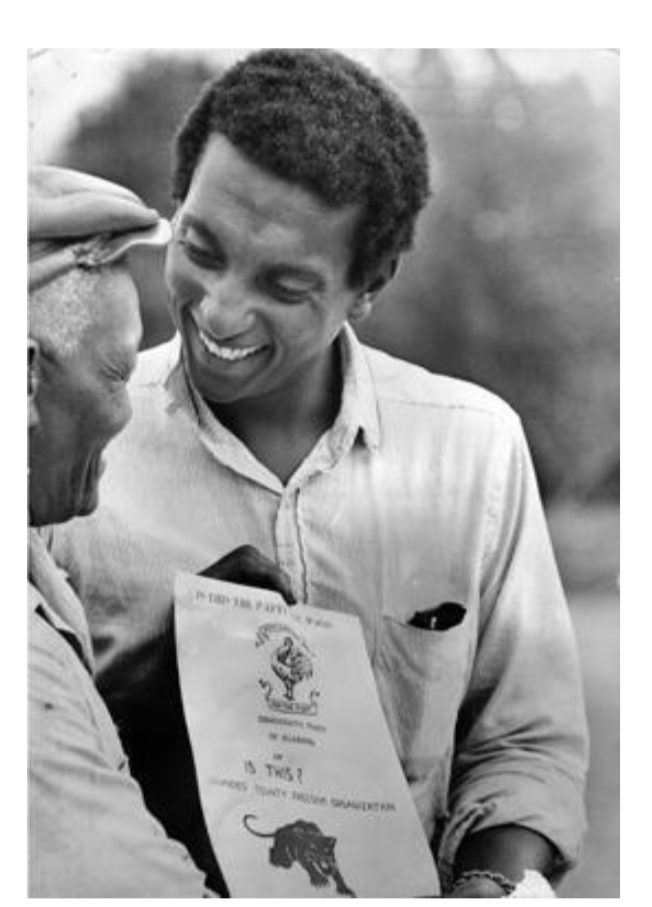
SHORT BIO ABOUT MIRIAM MAKEBA
LET’S WE FORGET.
Miriam Makeba was born on March 4th, 1932, Prospect Township, near Johannesburg, South Africa. She died on the 10th of November, 2008, Castel Volturno, near Naples, in Italy. How can we forget our very own South African-born singer popularly known as Mama Afrika, who happens to be one of the world’s most prominent Black African performers in the 20th century.
Makeba was forced to find employment even as a child following the death of her father. She had a short and allegedly abusive first marriage at the age of 17. She gave birth to her only child in 1950, and also a grateful surviver of breast cancer.
Her vocal talent was recognized right from her childhood, until she began singing professionally in the 1950s. Among the notable artists she sang with were the Cuban Brothers, the Manhattan Brothers, an all-woman group, the Skylarks, performing a complete mixture of jazz, local African melodies, and Famous Western music. In 1959, Makeba played a short role in the anti-apartheid movie; Come Back, Africa. Her participation further brought her international attention, and apparently led to her performances in Venice, London, and in New York City. While in London, she met the American singer Harry Belafonte, who soon became her mentor and also a colleague in the industry. She later moved to New York City, where she became famous. She released her first solo album in 1960. In that same year, she lost her mither. She made attempts to return to South Africa that year for her mother’s funeral, but all was to no avail as she was prevented by the country’s government.
MIRIAM MAKEBA
Entertainment & Pop Culture Music, Contemporary Genres Folk Music
Arts & Culture
MIRIAM MAKEBA
South African singer
Also known as: Mama Afrika. Full name; Zensi
Miriam Makeba.
Category: Arts & Culture
Born: March 4, 1932, Prospect Township, near Johannesburg, South Africa Died:10th of November, 2008, Castel Volturno, near Naples, Italy (aged 76) Awards And Honors: Grammy Award (1965)
Notable Family Members: Stokely Carmichael and Hugh Masekela (Spouses).
The daughter of a Swazi mother and a Xhosa father, Makeba grew up in Sophiatown, a segregated Black town outside of Johannesburg. She began singing in a school choir at an early age, making her way as a professional vocalist in 1954, primarily based singer in southern Africa. By the late 1950s her singing and recording had made her famous in South Africa, and her appearance in the documentary film Come Back, Africa (1959) drew the attention of Harry Belafonte and other American performers. With their help, Makeba in 1959 settled in the United States, where she embarked on a successful singing and recording journey.
She successfully released a variety of popular songs but especially excelled at Xhosa and Zulu songs, which she introduced to Western audiences. She also became known for songs that were critical of apartheid. In 1960 she was denied reentry into South Africa, and she lived in exile for three decades thereafter. In 1963 the South African government banned her records and revoked her passport.
In 1964 she married trumpeter and fellow Belafonte protégé Hugh Masekela. Although the couple divorced two years later, they still maintained a close professional relationship which to some, is quite surprising. In 1965 she and Belafonte won a Grammy Award for best folk recording of their album An Evening with Belafonte/Makeba.
STOKELY CARMICHAEL

Stokely Carmichael
Original name: Kwame Ture
Born on the 29th of June, 1941, Port of Spain, Trinidad
He Died: On the 15th of November, 1998, Conakry, Guinea aged 57.
Carmichael moved into New York City in 1952, he attended high school in the Bronx, and enrolled at Howard University in 1960. There in Howard, he joined the Student Nonviolent Coordinating Committee (SNCC) and the Nonviolent Action Group. In 1961 Carmichael became one of several Freedom Riders who traveled through the South to challenge the segregation laws in interstate transportation. For having participated in this movement, he was arrested and later jailed for about 50 days in Jackson, Mississippi.
At a time, Carmichael and others associated with SNCC supported the nonviolence approach to desegregation espoused by Martin Luther King, Jr., but Carmichael became frustrated at some point due to the fact that he has witnessed many severe beatings and recorded murders of several civil rights activists. In 1966 he became the chairman of SNCC,he also rallied few demonstrators during a march in Mississippi to founding the “Black power” movement, which espoused self-defense tactics, self-determination, political and economic power, and not excluding the racial pride.
Before leaving SNCC in 1968, Carmichael traveled abroad speaking out against the political and economic repression and denouncing the U.S. involvement in the Vietnam War.
During the time of his return, Carmichael’s passport was immediately with-held for 10 months. Afterwards, he left the United States in 1969 and moved with his first wife from 1968–1979, Which happened to be the South African singer Miriam Makeba.They both moved together to Guinea, West Africa. He also changed his name to Kwame Ture. Carmichael assisted to establish the All-African People’s Revolutionary Party, an international political party dedicated to Pan-Africanism and the plight of Africans worldwide. In 1971 he wrote Stokely Speaks: Black Power Back to Pan-Africanism.
RELATIONSHIP
Makeba married the American Black activist Stokely Carmichael in 1968, divorced in 1979, a circumstance that led to the decline of her career in the United States. She later moved with Carmichael to Africa, settled in Guinea, and then moved to Belgium. Her autobiography, Makeba: My Story (coauthored with James Hall), appeared in 1988. In 1990, encouraged by Nelson Mandela, as at the time he was just been released from his elongated imprisonment, encouraged Makeba to return to South Africa, which she did and later she performed there in 1991 for the first time since after her exile. Although she battled with some health problems, she managed to perform in for couple of years, until she died of a heart attack shortly after giving a concert in Italy in 2008.
Makeba self produced 30 original albums, plus 19 compilation albums and likewise featuring on the recordings of other notable musicians, Among which her widely known song Pata Pata still lives
Leave a Reply